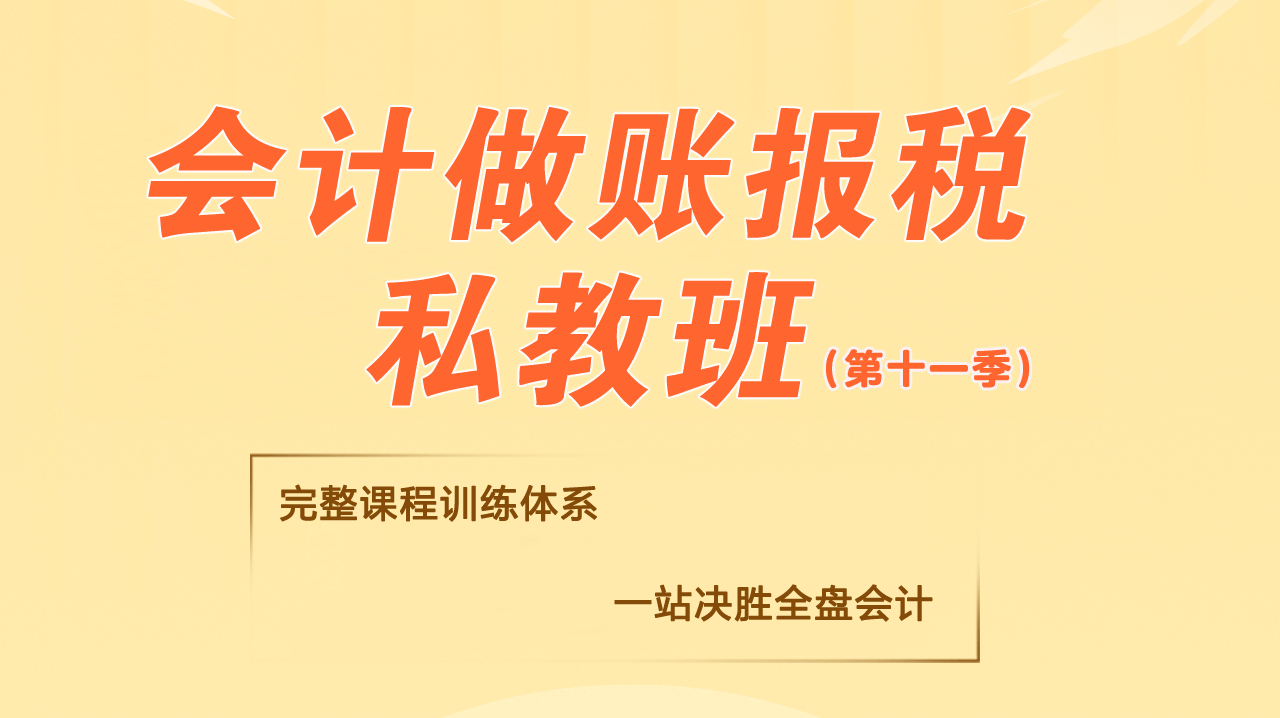日本花王集团打算加快扩张中国业务(双语)
Admitting that Kao Corp. (KCRPY, 4452.TO) hasn't been aggressive enough in China, the chief executive of the big Japanese consumer-products group said his main focus is to expand the company's Chinese presence and better than triple sales in the country to 100 billion yen, or more than $1 billion, within five years. Kao Corp.
花王集团首席执行长尾崎元规日本大型消费品生产企业花王集团(Kao Corp.)的首席执行长尾崎元规(Motoki Ozaki)承认,该公司在中国市场上的闯劲不足。他说,自己现在主要考虑的是如何扩大公司的在华业务,如何使在华销售额在五年内实现两倍多的增长,达到1,000亿日圆(合10亿多美元)。
Kao, known for such brands as the Jergens, Biore and Molton Brown skin-care lines, has lagged far behind global rivals Procter & Gamble Co. (PG) and Unilever PLC (UL, ULVR.LN) in the world's fastest-growing market for consumer products.
在中国这个全球增长最快的日用消费品市场上,以采婷(Jergens)、碧柔(Biore)和Molton Brown等护肤品牌闻名的花王已远远落后于宝洁公司(Procter & Gamble Co.)和联合利华公司(Unilever PLC)等国际竞争对手。
“We have to change our tactics in China,” CEO Motoki Ozaki said in an interview Tuesday.
尾崎元规周二接受采访时说,我们不得不改变在华策略。
Foreign companies have dominated China's market for beauty and personal-care products as rising incomes have spurred the country's consumers to trade up. P&G leads China in sales of beauty-care products, with 26 billion yuan ($4 billion) in the country last year, according to Euromonitor International. Kao's China sales were JPY30 billion in the fiscal year through this March.
随着收入增长促使中国人的消费档次不断提高,外国企业目前已在中国美容及个人护理产品市场上占据主导地位。据欧睿信息咨询有限公司(Euromonitor International)统计,宝洁公司是中国市场上美容产品销售额最高的企业,去年在华销售额达到人民币260亿元(合40亿美元)。在截至今年3月的财年中,花王的在华销售额是300亿日圆。
“The situation has dramatically changed recently,” in emerging markets such as China, Indonesia and Vietnam, where the middle-class populations are increasing steadily, Ozaki said. “There is an increasing chance that we can cash in on our technology. This has prompted us to embark on a major offensive in the Chinese market.”
Imaginechina/Zuma Press花王计划在五年内将华销售额增长两倍多。图为花王在上海一处店铺的碧柔(Biore)护肤品展柜。尾崎元规说,近来中国、印尼和越南等新兴市场国家的形势发生了极大改变,中产阶级人口稳步增加,这说明我们利用自身技术来赚钱的机会越来越大,也促使我们开始在中国市场采取大规模攻势。
He said Kao plans to introduce more products that cater specifically to the Chinese market, in part by hiring and promoting more Chinese people in managerial positions.
尾崎元规说,花王计划推出更多专门满足中国市场需要的产品,方法之一是雇用并提拔更多中国人才来参与公司管理。
Kao, which sells laundry detergent, diapers and cosmetics in China, is building its second plant in China to make paper-based personal-care products, including diapers. The Anhui-province plant, west of Shanghai, is slated to go online next year.
在中国销售洗衣用品、纸尿裤和化妆品的花王目前正在中国建设第二座工厂,制造包括纸尿裤在内的纸类个人护理产品。该工厂位于安徽,计划明年建成投产。
“Kao's overseas business is a bit of a mishmash and a disappointment,” said James Moon, an analyst at BNP Paribas in Tokyo, who has a “sell“ rating on the company. ”They only recently started the diaper business in China; they don't produce anything there yet. Only about 1% of their sales come from China, and this is from their detergents. It seems to me they are very late and they may have missed the boat.”
法国巴黎银行(BNP Paribas)驻东京的分析师摩恩(James Moon)说,花王的海外业务有点凌乱,令人失望。他对花王股票的评级是“卖出”。摩恩说,花王前不久才开始在中国启动纸尿裤业务,至今还没有在中国本地生产任何产品;该公司只有约1%的销售额来自中国市场,而这1%靠的是洗涤用品;在我看来,他们似乎已经太迟了,可能已经错失良机。



